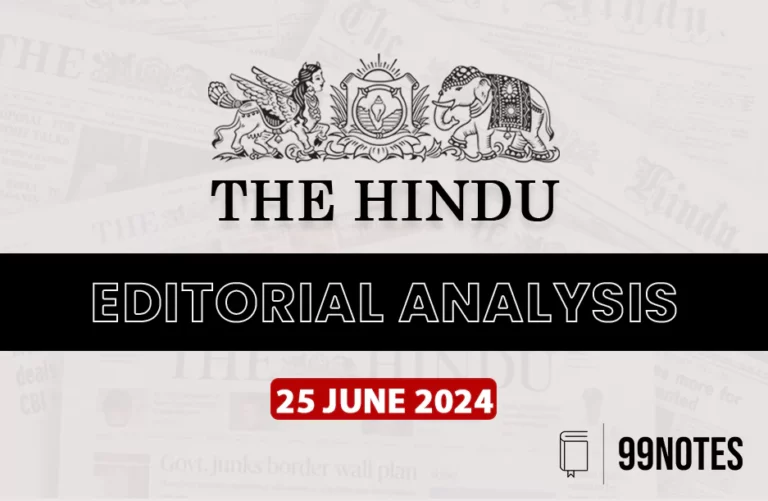21 September 2024 : Daily Answer Writing
Q1) Even after seven decades of independence, the colonial mindset continues to cast its shadow on Indian society. Examine.
(150 Words/10 Marks)
ANS
Colonial mindset refers to post-colonial ways of thinking and living that are shaped by the hegemony of colonial experience. Influence of colonial past are tangible even after seven decades of independence:
- Disproportionate priority to English:
- It is a factor in poor-learning outcomes in Indian education system. It results in poor employability and skill-shortage.
- English acts as an entry barrier for attaining several services. E.g., English is language of courts, use of English at public places like hotels, cinema halls, shopping malls etc.
- There is a general tendency to link the usage of English language with the intellectual and social status of a person.
- Existence of racism with regard to skin colours of individuals. E.g., individuals with fair complexion are preferred for marriage by many.
- The colonial practices of exclusion and elitism. E.g., a sitting judge of Madras HC was denied entry in a club in Tamil Nadu as he was wearing a traditional Indian wear (dhoti).
- Higher preference is given to western allopathic system at the expense of traditional system of health and medicine. E.g., derision of Ayurveda-based surgeries as ‘mixopathy’.
- Infatuation with foreign names of Indian brands like Peter England, Monte Carlo etc. shows a sense of inferiority complex.
Even though the colonial mentality affects the Indian society, its grip is loosening in a consistent manner:
- A break from the colonial mentality is evident from the renewed vigour towards respecting the indigenous icons. E.g., installing the statue of Subash Chandra Bose at India gate canopy.
- Renaming of important places, historical sites etc. E.g., Rajpath renamed as Kartvya path; Neil Island as Shaheed Dweep; and Havelock Island as Swaraj Dweep.
- Increasing preference of Indians towards domestic cultural sites, heritage places etc., for tourism. E.g., popularity of tribal circuits, Buddhist circuits etc.
- India has gained a renewed confidence with regard to its ancient practices, traditions, arts etc. E.g., promotion of Indian tribal art forms, classical music, yoga etc.
- Changing role of the political leadership. E.g., the PM, in his Independence Day speech, exhorted the people to break the colonial mindset.
Colonial mentality should be discarded in following ways:
- Absorb the good aspects of west, and reject patronising appreciation.
- Use western technologies to preserve and propagate Indian heritage. E.g., AI for translation of Sanskrit manuscripts.
- Education in Indian languages can help to decolonise young minds. E.g., NEP 2020 emphasis on Indian languages, knowledge systems are a welcome step.
- Academic research needs to be reoriented towards Indian perspectives and experiences as opposed to colonial gaze on Indian society. E.g., in analysis of caste and religion.
It is imperative for India to break from its colonial past/mindset in order to attain its rightful place in the comity of developed and progressive nations.




